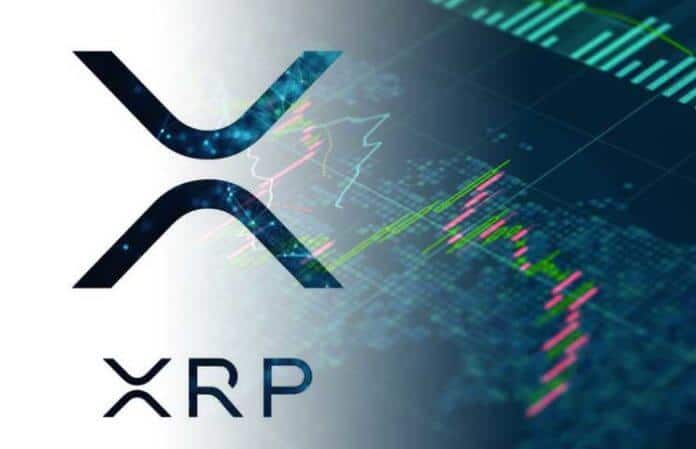Join Our Telegram channel to stay up to date on breaking news coverage
The security of cryptocurrencies and their compliance with financial regulations is one issue that crypto companies are always striving to sort out.
Coinfirm and Ripple have announced a partnership which is designed to protect cryptocurrencies from fraudulent activity. The two companies announced that they will be developing a tool that will analyze if the currency has been passed through a mixer and rate the risk level of the source of the cryptocurrency. By so doing, Ripple’s XRP will be one step closer to being compliant with anti-money laundering (AML) regulations.
The system offered by Coinfirm will also be able to tell if the cryptocurrency used in a transaction possibly originated from a theft of a hack. These possibilities will also be ranked in terms of the transaction’s risk level, with risk being rated low, medium or high on a scale of 0 to 99 where 99 is the highest level of risk possible. Maintaining one of the key characteristics of cryptocurrencies, the identities of the owners of the digital assets or the names of any entities associated with them will not be revealed. The privacy of the owners will still be maintained fully.
The Financial Action Task Force (FATF) released guidelines which require cryptocurrency exchanges to share information such as the names of counterparties as is done with traditional banking systems. The 37 countries which subscribe to the FATF guidelines would have a year to comply with the new regulations. However, membership to the FATF is voluntary and the countries can choose to apply the guidelines using their own discretion.
A Compromise Towards Compliance
The regulations proposed by the FATF defeats the purpose for which cryptocurrencies were built to begin with. Digital assets were created in a bid to protect the identities of individuals and their financial transactions from government interference. People can no longer be forced to spend their finances in one way or be blacklisted because their identity is unknown to everyone. Coin mixers have been developed to add another layer of privacy due to some chain analysis companies exposing the identities of coin holders.
Coinfirm’s system offers both regulators and coin holders a model that will create a middle ground. For cryptocurrency owners, their identities will remain uncovered and they can continue to transact without fear of exposure. People who buy Ripple can be guaranteed that their identities will remain protected. For governments, it provides a means to find cryptocurrency related to the fraudulent activity such as money laundering. They can be able to monitor online cryptocurrency trading without infringing on the privacy of the owners. Although there are challenges that may come with the calibration of the risk assessor and possible pressure for exchanges to expose suspected financial fraudsters, Coinfirm’s system is a good middle ground between cryptocurrencies and compliance required by the FATF.
Privacy is at the core of the principles that govern cryptocurrency and any measures that infringe the privacy of crypto owners defeat the purpose of their creation. The regulations put forward by the FATF are one such measure and the partnership between Coinfirm and Ripple offers a middle ground for cryptocurrencies and the regulator. Coinfirm’s system will also go a long way in assisting cryptocurrencies to become more mainstream by offering security for its users from possible hacks and thefts.
Join Our Telegram channel to stay up to date on breaking news coverage


